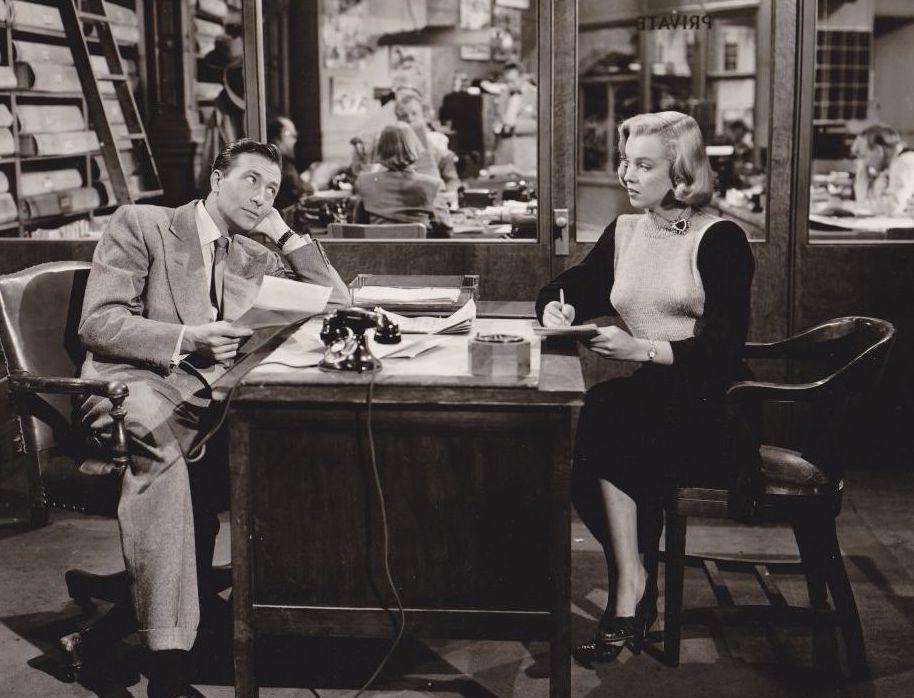Commentary
What is the purpose of investigative reporting? The very name means that its job is to discover all the relevant facts and then report them. This can be a useful tool to inform the public about the truth of a matter. However, it can also be a powerful way to sway public opinion. When this power is used to spread false or exaggerated ideas or leave out crucial information, investigative reporting becomes the enemy of freedom, when it should be its guardian.





